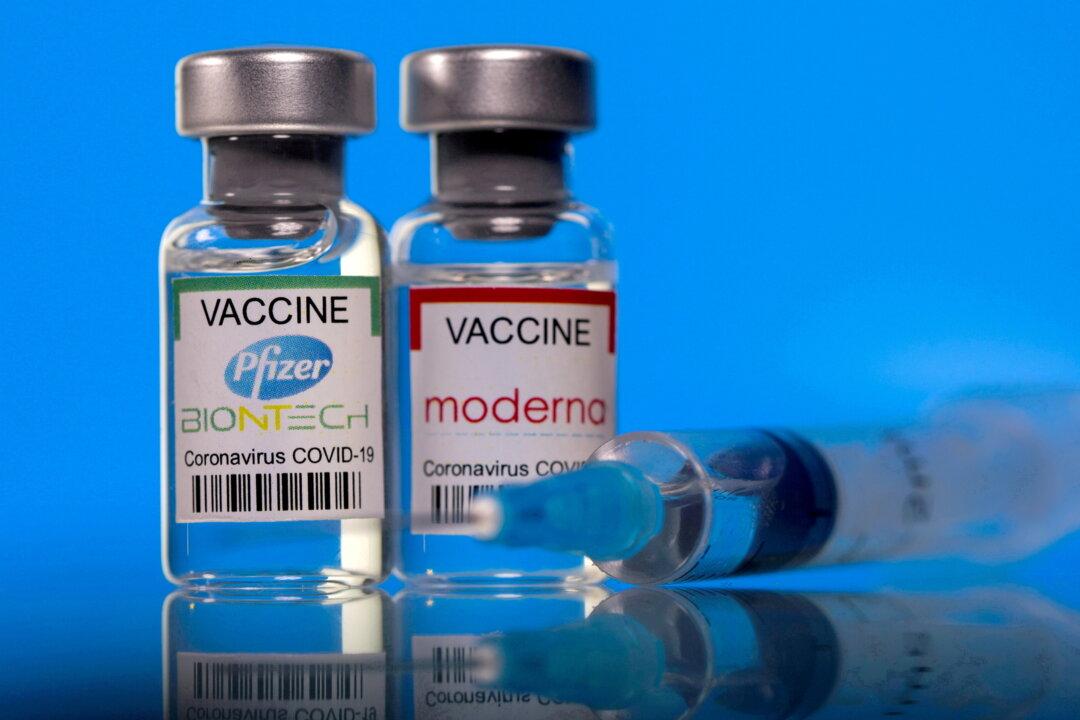The hope that 2022 would be a year of recovery for the United States and the global economy seems to be sinking as the new Omicron variant of the coronavirus may restrain economic activity worldwide.
As soon as news about Omicron was announced, markets were hit hard from all directions. Major stock market indexes tumbled, with crude oil prices and Treasury yields reporting big declines.

